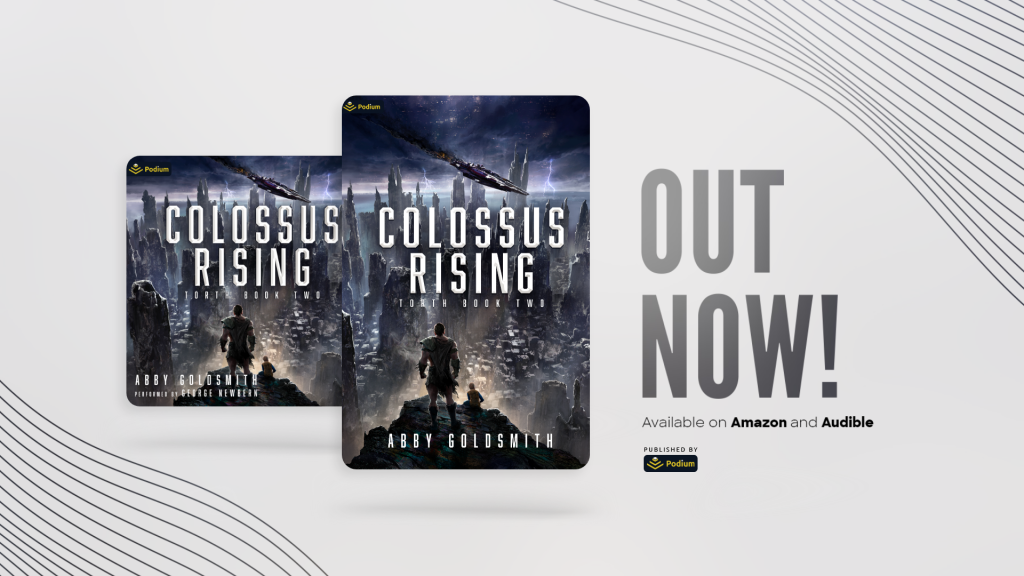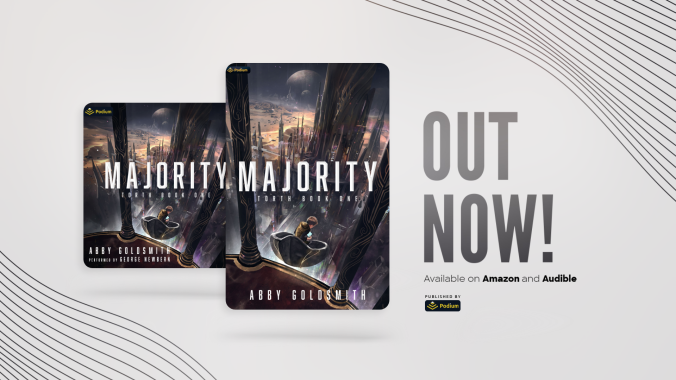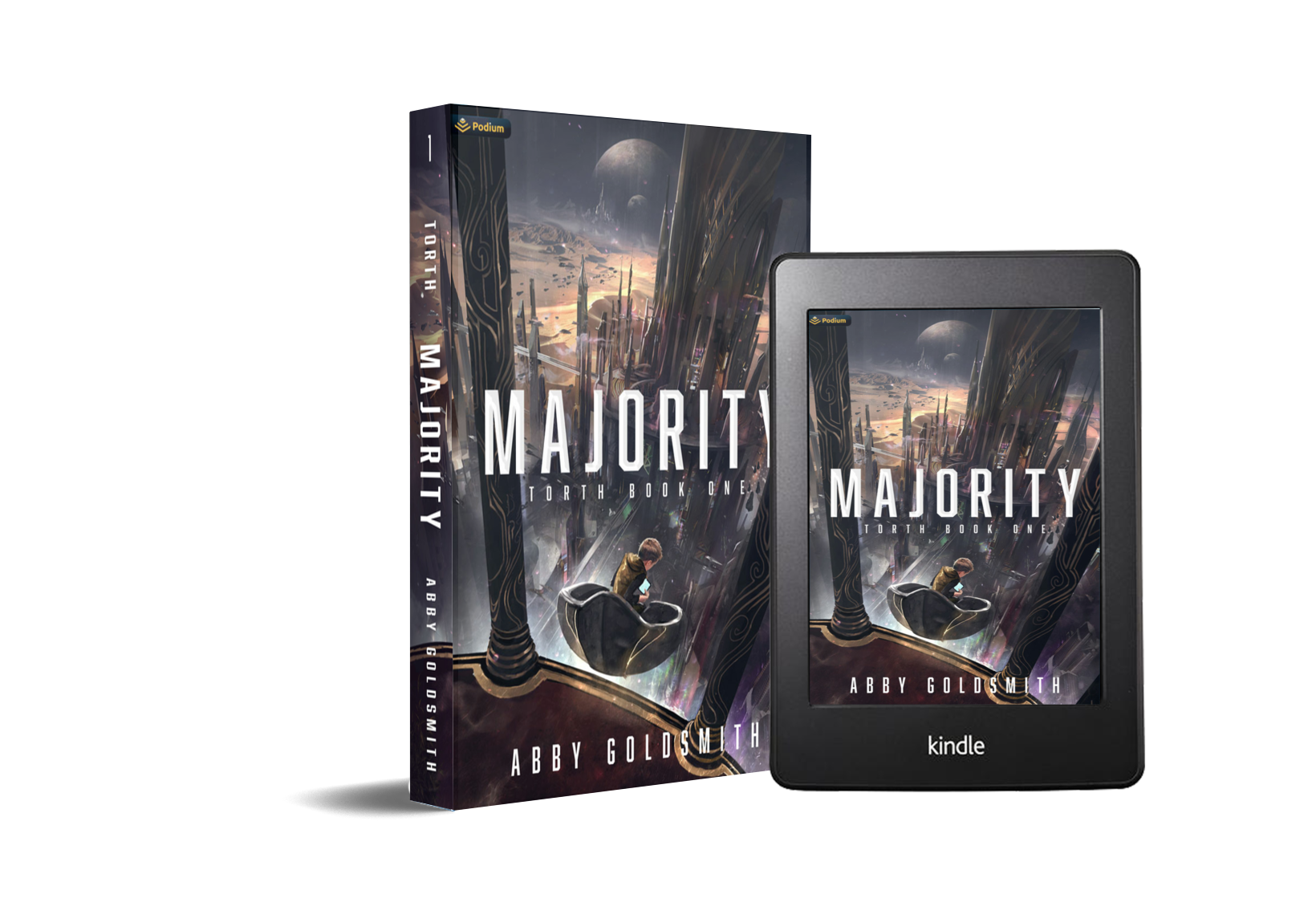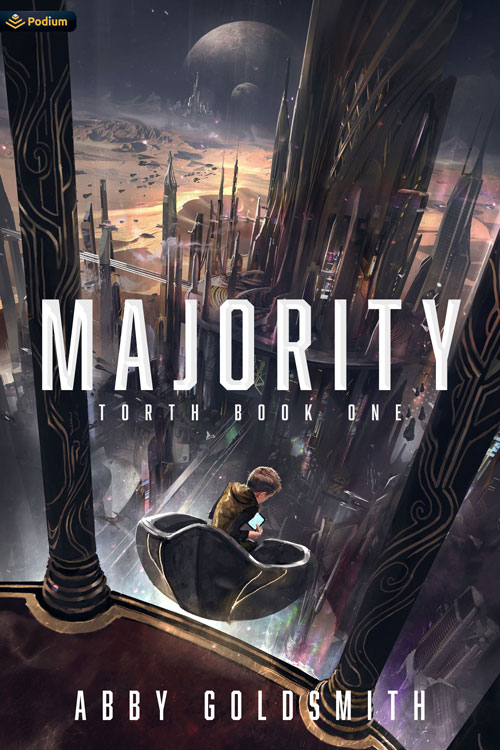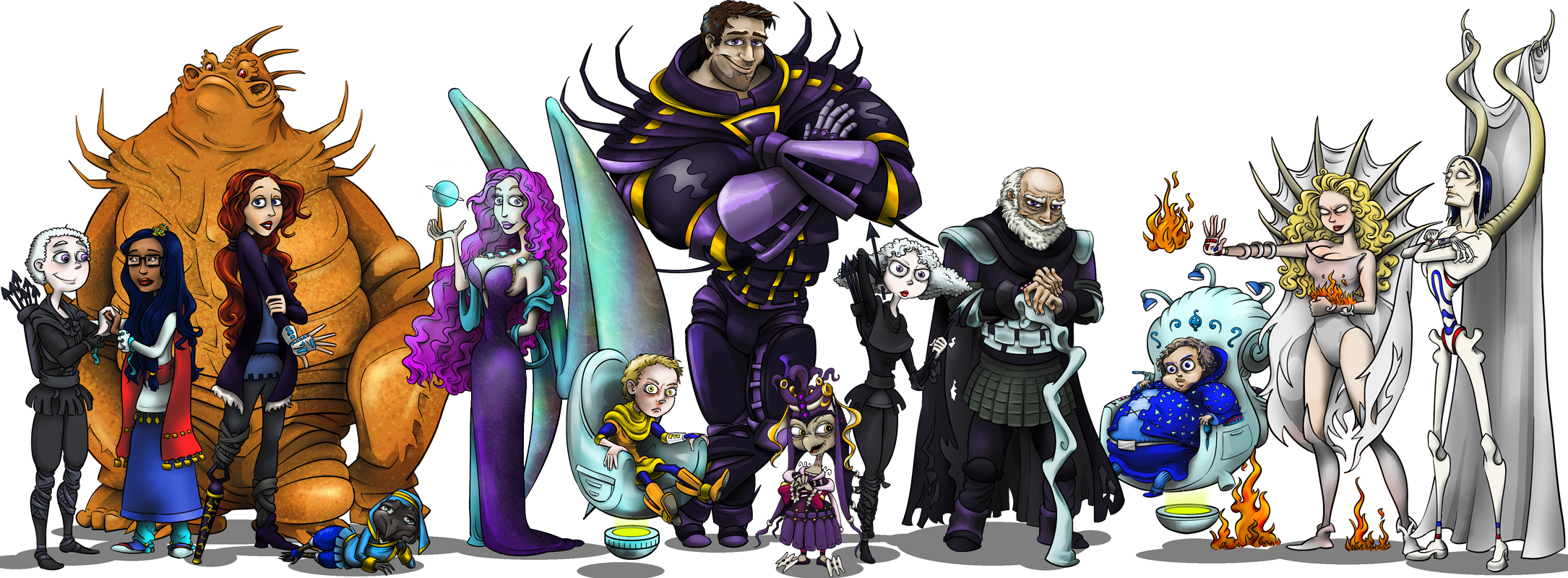In the early years of the internet, before Amazon was open to self-publishers, distribution for independent authors was very limited.
Print was still king. Ebooks and Audiobooks did exist, but they were quite niche. Tech-savvy people might read a PDF on their computer. There were no smart-phones or tablets, and laptops were a rarity. There were no apps. Sony produced the world’s first popular e-reader device in 2006, with Amazon following that up with its Kindle in 2007. Barnes & Noble was late to the game, offering its competing Nook in 2009.
In the late 1990s through 2007, Audible was a boutique company that had yet to be purchased by Amazon. Its selection of audiobooks was even more limited than what you could find at your local Barnes & Noble. Since audiobook production runs to many thousands of dollars per book, it was prohibitively costly for small presses and independent authors, and besides, Audible only bought from major New York producers who worked with the Big Six.
So in the brand new internet era, print was still the most desirable format.
If you lacked the patience or the desire to impress big publishers in New York City, might there be another way to get your books into print and into bookstores?
✥
Enter print-on-demand services.
A tech-savvy author-entrepreneur or a small press could use Adobe QuarkXPress (the precursor to InDesign), or freeware tools such as Sigil or Calibre, to format their manuscripts for print (and for e-reader devices, once those became a thing). That author could then upload the PDF to a niche retailer for independent books, such as JukeBox or NoiseTrade. One of the largest was a site called Lulu, a darling of micro-press and small press publishers, which survives to this day. Once your book became part of the Lulu catalog, it had a sales page. It could be purchased, printed, and shipped to a paying customer.
Independent authors began to take advantage of these services.
They were shy about it, at first. Self-publishing had a major stigma attached to it, since at the time, it was synonymous with so-called “vanity presses.”
A Vanity Press meant pay-to-publish. No publisher would admit to being a vanity press, but in plain English, they only published paying customers and they did not pay royalties. In other words, the money flowed from the writer to the publisher, instead of from the publisher to the writer. This arrangement was fine for mom’s cookbook, or for dad’s book of nature photos and poems, or for grandma’s genealogy book. If you wanted a nicely bound version of those books, someone had to provide it.
But for fiction? No. Booksellers steered clear of anything printed by a vanity press. If you published your romance or your science fiction with a vanity press, you would never receive royalties. You would never get it into bookstores. The venture could only lose you money. Fiction books from vanity presses were sneered upon as the province of complete failures.
Print-on-demand services such as Lulu were a new thing. They offered fiction writers the services of a vanity press without the downsides, and—many hoped—without the stigma. You, as an author, did not pay Lulu. Lulu simply hosted the file of your manuscript, and if a customer bought it, the customer paid for printing and shipping. That lent self-published books an aura of legitimacy.
It was supposed to, anyway.
Unfortunately, many author-entrepreneurs in the brave new era had never tried to improve their craft. They were hobbyists or amateurs, their books never workshopped or edited. Some weren’t even proofread. This was before proofreading tools such as Grammarly existed.
A handful of these self-published authors solicited massive numbers of people, via email, to buy a copy of their print-on-demand books. I got suckered in by two such emails in the early 2000s. The idea of indie authors was a new and exciting thing, so I remember being eager to try their books. After reading each one, I had regrets about supporting those authors in any way, shape, or form. They were truly awful. If that had been my sole experience with self-published authors, it would have left a very bad impression—and it did, for many people.
However, extraordinary innovations were happening on the digital frontiers of online serialization, fanfic, and podcast novels.
✥
Creative hubs formed online. If you sought free fiction that was more accessible, and fresher, than anything at your local library, then you would find sites such as FanFiction, ElfWood, DeviantArt, and LiveJournal. These sites and their ilk were less popular, and perhaps less reputable, than today’s Tumblr, YouTube, Medium, and Wattpad. However, they were the precursors to today’s biggest hubs of amateur and experimental fiction content offered for free.
As far as I knew at the time, there was only one site where podcast novels were gathered and showcased. I visited Podiobooks on a regular basis.
I was skeptical, at first. There were a bunch of authors on Podiobooks whom I had never heard of, and not a single big-name author or best-seller. So why did I go there? The answer is simple. I ran out of audiobooks that I wanted to listen to, and I craved more. I had upgraded to MP3s sometime before the year 2000, and I found audiobooks on cassette tapes or even CDs to be old-fashioned and unwieldy, not to mention expensive. I subscribed to Audible around 2002, but all they had at the time were major best-sellers and classics, nothing edgy or new. And I had a day job which involved 8 to 10 hours of animation artwork per day. I needed audio-only entertainment, and I needed lots of it.
Nor was I the only digital artist who listened to audiobooks all day, every day. Several of my coworkers and friends were almost as obsessed with audiobooks as I was. I can’t remember if one of them introduced me to Podiobooks, or if it was the other way around. One way or another, a bunch of us became fans of the site.
Sure, some of those random podcast novels were terrible. But they were free—unlike print-on-demand books. They were episodic, too. If you listened to the first episode, you could pretty much tell whether it was worth listening further. The site incorporated fan votes, much like Wattpad does now. The most popular books ranked high and were the most visible.
That was how I discovered Scott Sigler, the first indie author whom I became a fan of. His works dominated the sci-fi category of Podiobooks. When I ran out of Sigler books to listen to, I tried just about every other book on the site, hoping to find another author like him. And I did find a few other gems which stick in my mind to this day.
The year was 2005.
✥
The way Scott Sigler marketed his books caught my attention, because it was utterly different than anything I had ever seen an author do before. He thanked his readers by offering stuff. In the opening of every podcast episode, he recorded a skippable ad which included a coupon discount code for a product which a tech-savvy reader might desire.
10% off a domain name at GoDaddy. 5% off a SquareSpace website. $50 off Nike shoes. Sigler respected his audience enough to guess what demographic of people they were. He recorded his own ads, as well as narrating his own audiobooks. He did it all in a professional manner, with intro music and high quality audio, which was edited and produced by a team of people, whom he credited.
When I listened to Sigler’s podcast novels, I began to understand what might be possible without a traditional publisher. Sigler gave away every audiobook for free. Yet somehow, he seemed to be earning enough income to pay a team of friends to help him produce a high quality podcast of his own novels. Somehow, he had wrangled partnerships with major corporations such as GoDaddy and Nike. They were allowing him to advertise for them.
Mind. Blown. How was this possible?
I visited his website, and saw that every one of his books was available for sale as a print-on-demand book. Want to see them on the shelves of your local Barnes & Noble or Borders? Well, then tell them, silly. Write to their headquarters. Oh, and also, you could buy Sigler merchandise. If you wore a baseball cap or a T-shirt with a logo from one of his books, it was basically a counterculture signal to other fans. It was sneaky. And it was fun.
By the year 2006, I openly yearned to become a best-selling author, traditionally published by one of the Big Six. At the same time, secretly, I also yearned to be like Scott Sigler. Those two desires were at war within me, and caused a lot of internal confusion and conflict.
So when Amazon opened its floodgates to everyone and anyone in November 2007, I was paying attention.


